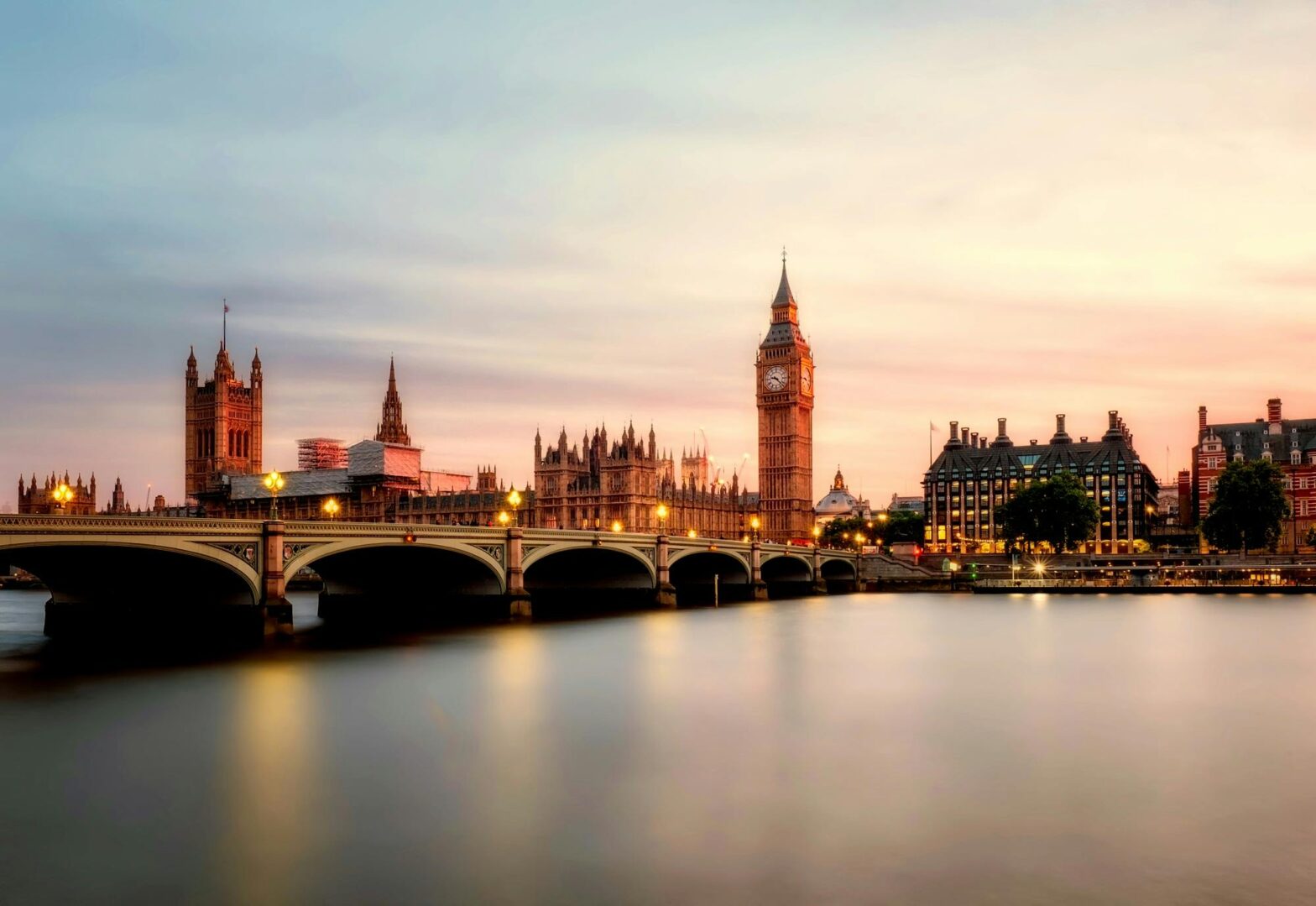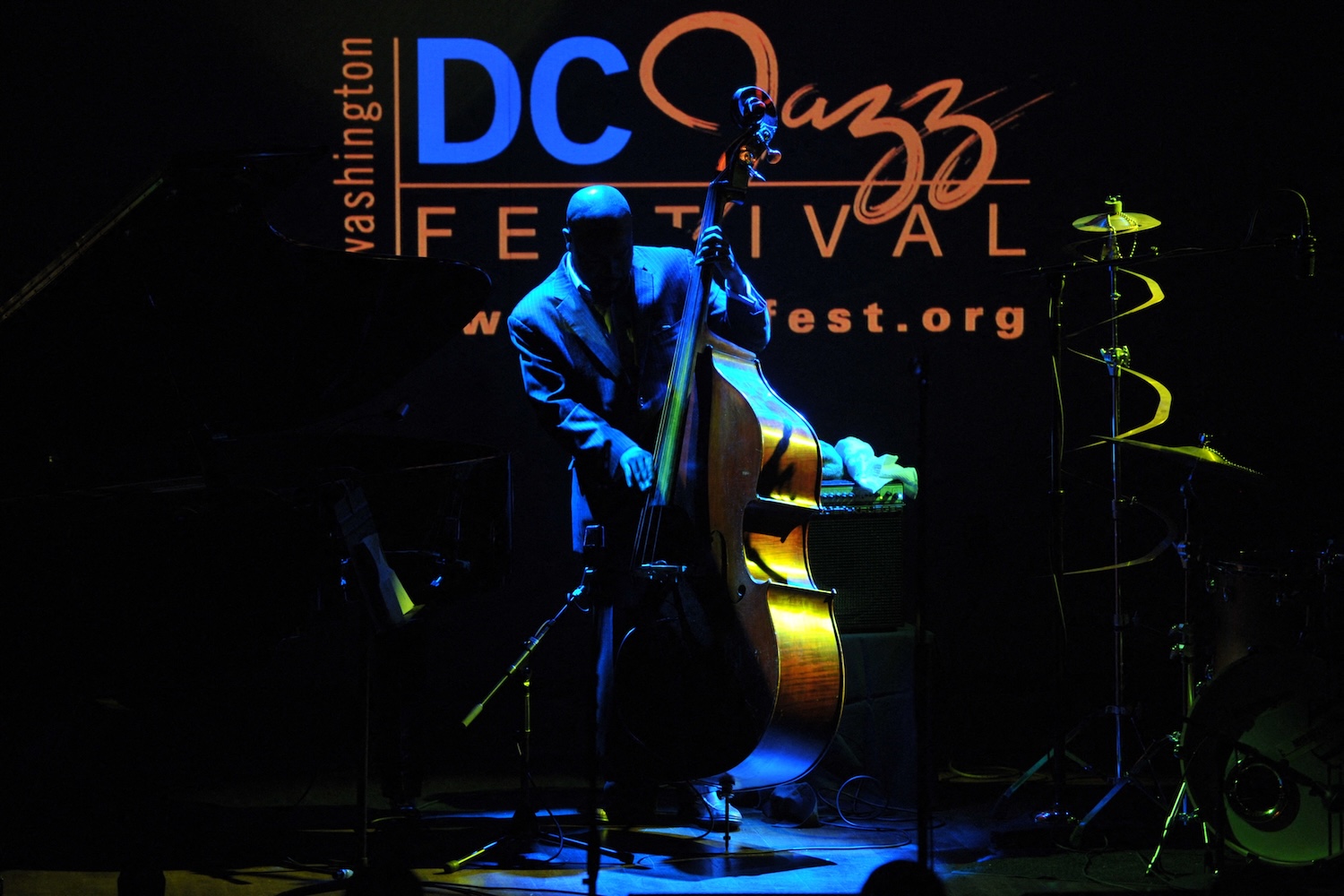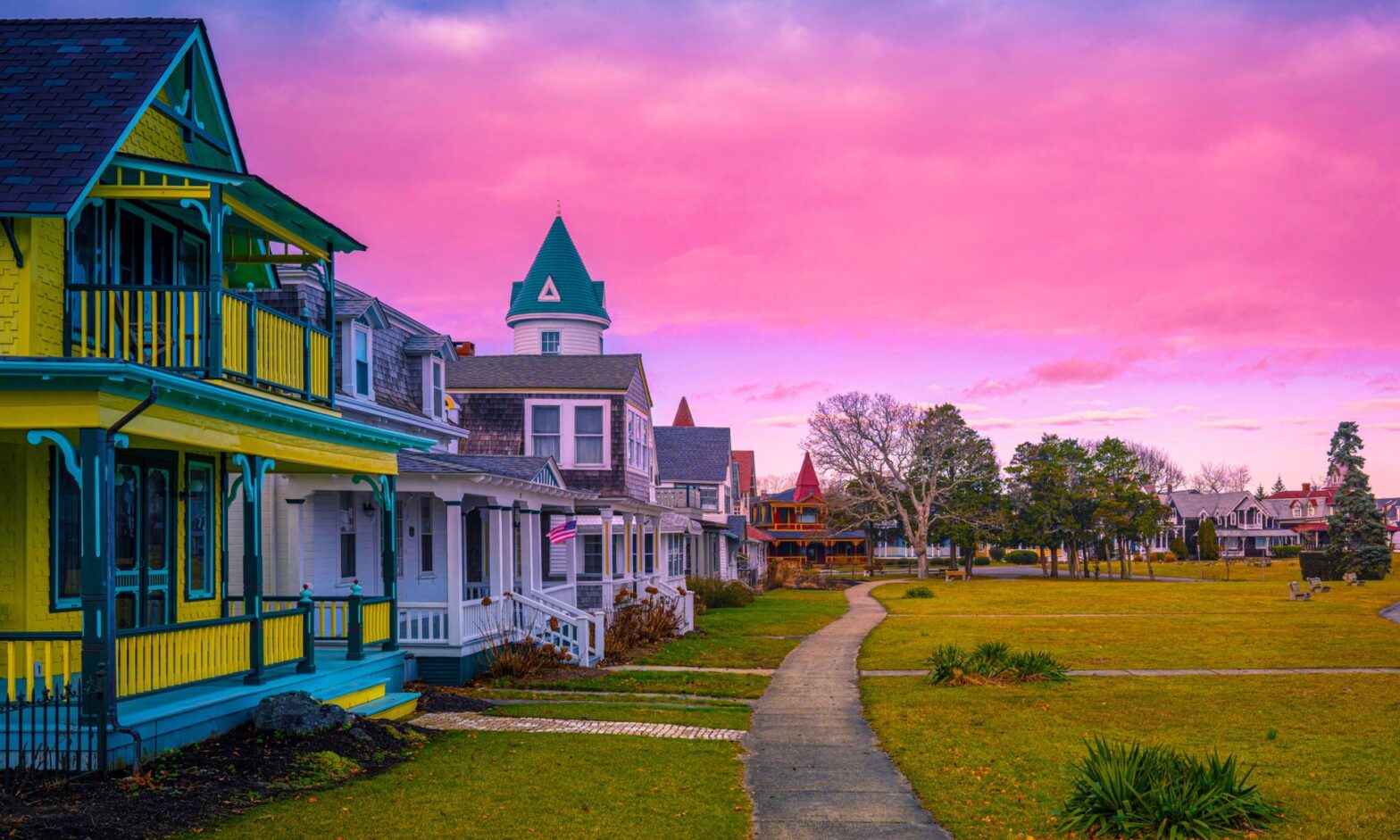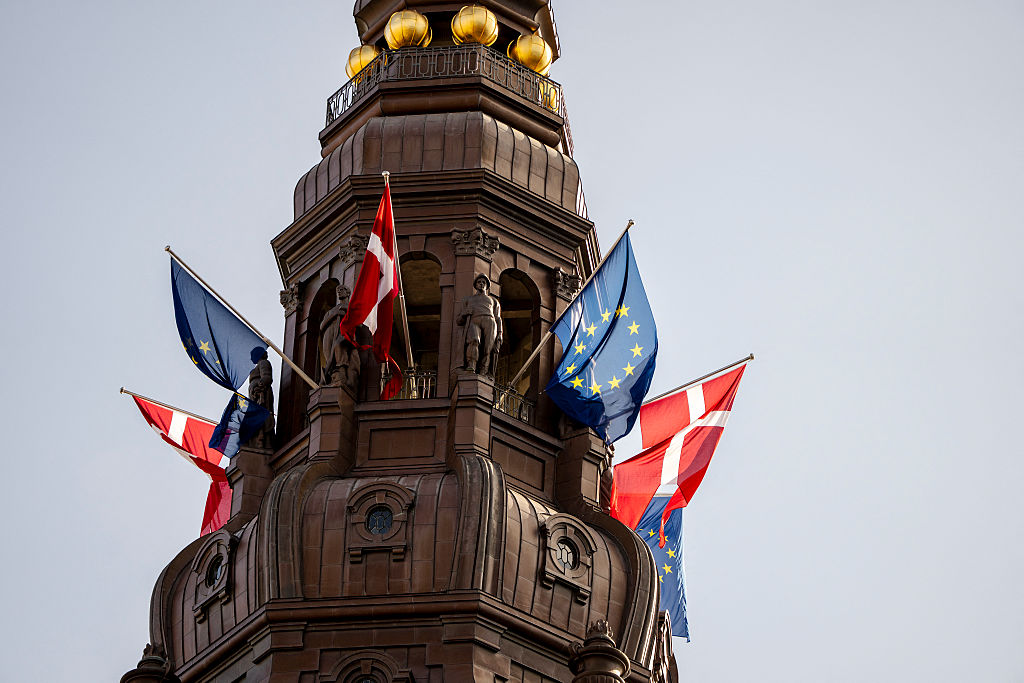Just north of Halifax, along Canada’s Atlantic coast, was an African-Canadian village that many outside of the country may never have heard about. Africville was founded in the mid-18th century and eventually grew into a bustling and prosperous seaside community along the Bedford Basin before being destroyed in the 1960s in what is believed to be an act of anti-Black racism.
Halifax was built in 1749 by African slaves who lived in a nearby area that came to be known as Africville. The name is thought to be derived from the term African Village. There is evidence that Jamaican Maroons (Africans who escaped enslavement) and Black refugees from the War of 1812 also moved to the community.
But the first official record of Africville is from 1761 when the land was granted to a number of white families including those who imported and sold enslaved African men and women. Black settlers William Arnold and William Brown bought land in Africville in 1848 and other families followed suit. A year later, Seaview African United Baptist Church opened to the village’s 80 residents and was known as “the beating heart of Africville.” This was eventually followed by a school in 1883.
The residents ran multiple businesses in industries like fishing, farming, and retail. The village was an escape from the racism and discrimination they faced in Halifax. The city started collecting taxes from the residents but provided no services like paved roads, running water, or sewers. Instead, less than desirable amenities were implemented including a fertilizer plant, slaughterhouses, Rockhead Prison (1854), the “night-soil disposal pits” (human waste), and the Infectious Diseases Hospital (1870s).
A railway was constructed, destroying many homes in the process. The 1917 Halifax Explosion caused further damage to Africville and petitions by the residents to provide necessities like running water, sewage disposal, paved roads, garbage removal, electricity, streetlights, police services, and a cemetery continued to be denied. By the 1960s, white residents labeled the area as a slum and gave tacit approval to the systematic destruction.
Africvillians preferred to rebuild the village but it was earmarked for industrialization. It was recommended that residents be re-housed and some were moved into derelict and public housing over the next few years as their homes were bulldozed. Some families were even moved into their new housing on the back of dump trucks. The deals promised did not pan out and the compensation for homes and land was not enough for long-term housing. Jobs were also difficult to find and the residents wound up dispersing around Canada to find better opportunities. Those who remained turned to welfare to survive.
Africville was transformed into private housing, bridge ramps, and a dog park named Seaview Park.
The former residents of Africville and their descendants received an official apology from the Halifax Regional Municipality in 2010 for the destruction of the once-thriving community. In addition, a settlement of nearly $5 million dollars was offered from three levels of government — $3 million from the city, $1.5 million from the province, and $250,000 from the federal government — as well as a hectare of land.
“I’m here today on behalf of Halifax regional council to deliver a formal apology to all those whose lives have been altered by the loss of Africville in the 1960s,” then-Halifax mayor Peter Kelly said at a ceremony.
“We realize words cannot undo what has been done. But we are profoundly sorry and apologize to each and every one of you. The repercussions of what happened to Africville linger to this day. They haunt us in the form of lost opportunities for the young people who never were nurtured in the rich traditions, culture, and heritage of Africville.”
The church museum opened in 2012 and began holding Christmas services that same year. The area was renamed Africville Park. On Nova Scotia Heritage Day in 2020, it was announced that a bell that once hung in the Seaview United Baptist Church would be returned to the Africville Museum.
Africville remains a symbol in the fight against racism and segregation in Canada.





